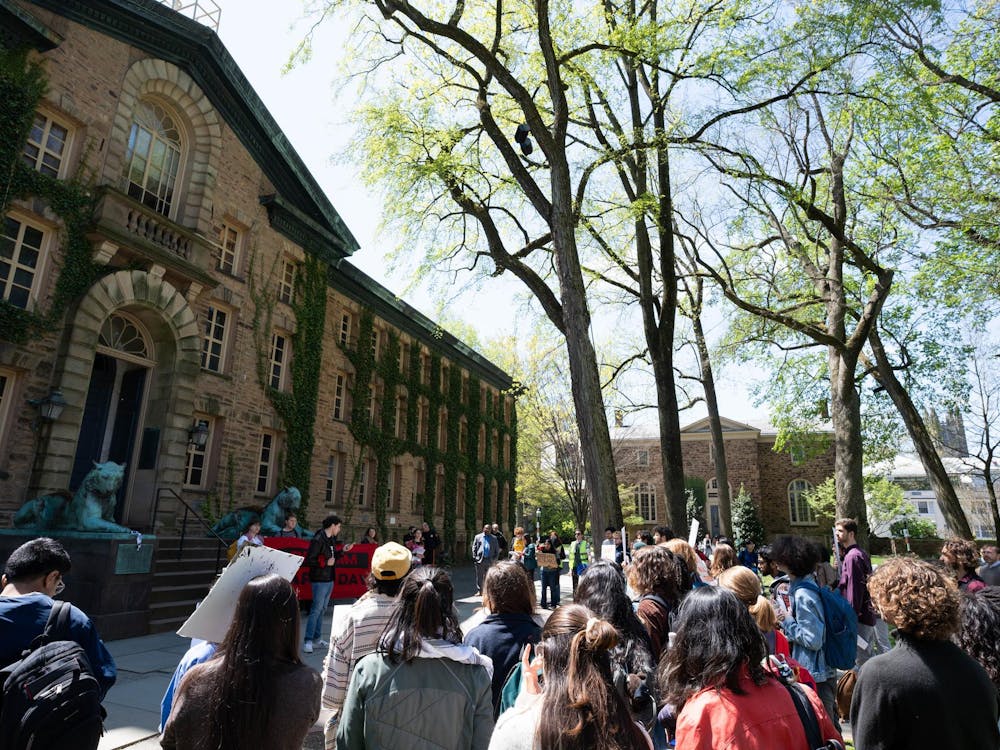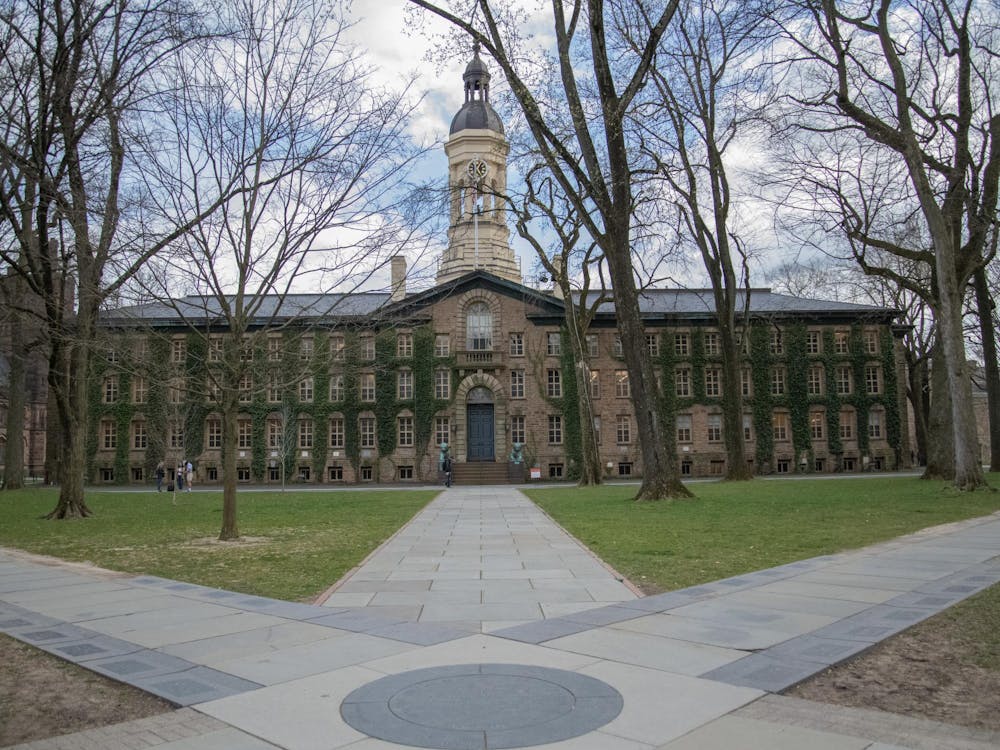ByPablo G. Debenedetti
Two articles published recently in The Daily Princetonian, “U. accused of violating Animal Welfare Act in marmoset monkey incident,” by Cassidy Tucker (published on April 13) and “Opaque Transparency: What we (don’t) know about Princeton’s animal experimentation,” by Courtney Buoncore ’18 and Gwyndolyn Goldfeder ’18(published on April 20), prompt me to write about Princeton’s outstanding laboratory animal research program. As members of a world-renowned research university, Princeton scholars explore the frontiers of knowledge in fields ranging from East Asian studies to physics, from history to civil and environmental engineering. Just as research in history requires the use of historical documents, research in some areas, such as the life sciences, includes work with animals.
Animals are used in research only when no alternatives exist to address specific scientific questions. Neuroscience, for example, aims to understand how the brain works and to discover treatments for complex neurological disorders — both of which are impossible without the use of animal models. The study of animals is also essential for exploring many basic biological and behavioral processes, understanding animal ecosystems and modeling human disease.
Many medicines, devices and treatments that we heavily use and rely upon today were discovered, developed or perfected thanks to laboratory animal research, including asthma inhalers, magnetic resonance imaging, the tetanus vaccine, modern anesthetics, blood transfusions and insulin, to name but a select few.
Some examples of fundamental questions being pursued at Princeton involving the use of animals in research include uncovering the mechanisms underlying the establishment of left-right asymmetry in the vertebrate body plan, understanding the relationship between short-term memory and an animal’s ability to navigate its environment and elucidating the manner in which individual cells integrate biochemical and mechanical signals to direct the development of organs such as lungs and mammary glands. The fruits of this research are reported in peer-reviewed scientific journals in the form of articles that have always provided detailed, open and transparent information on the work conducted at Princeton.
While the majority of Americans support research and even medical testing involving animals, there will always be persons who oppose research with animals despite the clear benefits to society. At Princeton we acknowledge and respect such differences of opinion, and we are committed to the humane and responsible use of animals in research.
Throughout the nation, research with animals is conducted according to a set of high standards developed by veterinary professionals, ethicists, scientists, community members and regulators, and most such research is also conducted in accordance with additional voluntary international accreditation standards. Princeton is no exception. The standards set forth by the community and agreed upon by Princeton’s researchers are publicly available to Princetonians through the Office of Research Integrity and Assurance website: http://www.princeton.edu/ria/animal-research-protectio/
As Dean for Research, I am committed to ensuring that there is strong leadership and infrastructure to support and oversee research involving animals and to provide the best care and welfare as students and faculty make discoveries that contribute to knowledge and societal wellbeing. I am proud of the extraordinary quality of our laboratory animal research program and of its outstanding record of compliance, which includes three consecutive unannounced inspections by the Department of Agriculture (USDA) with no findings of non-compliance and a very recent successful accreditation visit by the Association for the Assessment and Accreditation of Laboratory Animal Care International (AAALACi). The latter was a voluntary accreditation exercise, reflecting Princeton’s commitment to exceeding the standards of animal care, husbandry and treatment mandated by law.
Princeton’s laboratory animal research program contributes in a major way to advancing the frontiers of knowledge and to saving and prolonging the lives of countless human beings (and animals). It does so while upholding the highest standards of regulatory compliance and of humane and responsible treatment of animals.
Pablo G. Debenedetti is a professor of chemical and biological engineering and the dean for research at the University. Hecan be reached atpdebene@princeton.edu.









